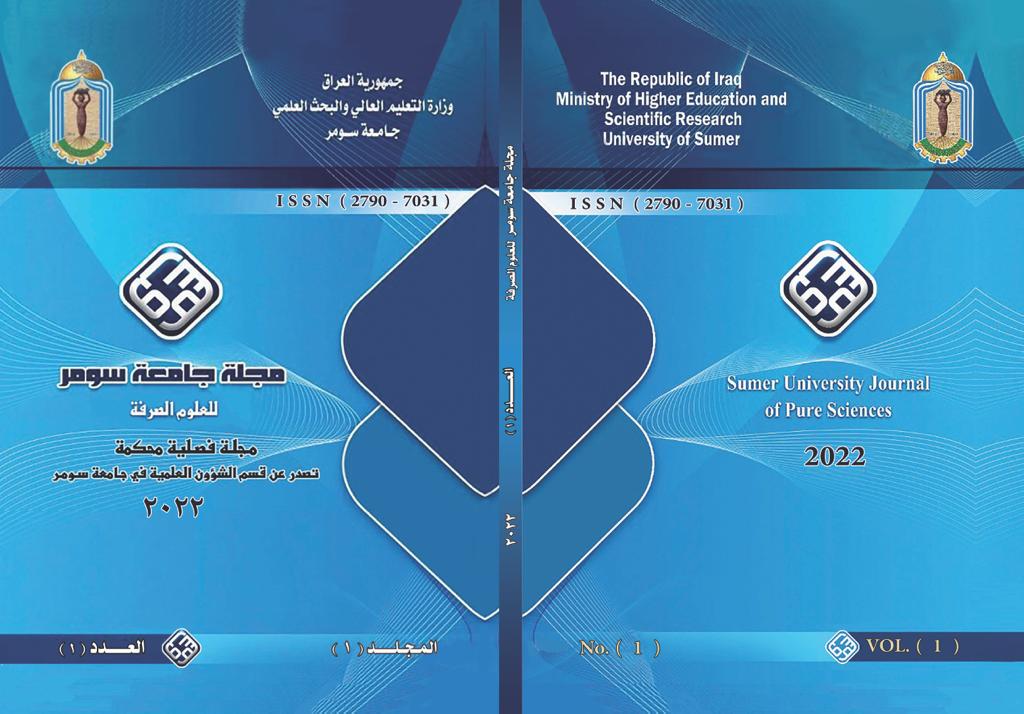Abstract
The present work employed luffa fibers (L.F.) as a means of reinforcing the matrix, which consisted of an unsaturated polyester resin. Prior to reinforcement, the fibers received an alkali treatment. The samples were created using the hand lay-up approach, with varying fiber volumetric fractions of 10%, 15%, 20%, and 25%. Following the completion of the preparatory phase, a comprehensive analysis has been conducted on several mechanical and physical properties, encompassing tensile strength, bending strength, impact strength, thermal conductivity, dielectric constant, and dielectric strength. When comparing pure unsaturated polyester resin with a composite of unsaturated polyester resin reinforced with luffa fibers at a volumetric percentage of 25%, it is shown that the latter exhibits superior mechanical properties. Conversely, the composite reinforced with 10% V.F. displays worse mechanical characteristics. The region where the highest impact resistance was measured was found to be 2.34 KJ/m2. Similarly, the maximum value of tensile strength was observed to be 17.73 MPa, while the highest value of bending strength was recorded at 14.34 MPa. Regarding the physical characteristics, the results also showed that the thermal conductivity of all samples decreased with increasing fiber volume fraction. Additionally, The results also showed that the dielectric strength decreased with increasing fiber volume fraction for all samples, as the lowest value for dielectric strength durability was 10.73 kV/mm. Furthermore, The results also showed that the dielectric constant increased with the increase in the volume fraction of the fibers for all samples, as the highest value of the dielectric constant was 1.039.. Based on the aforementioned information, it is possible to employ Luffa fibers in many structural applications that require robust mechanical, thermal, and electrical insulation properties.
